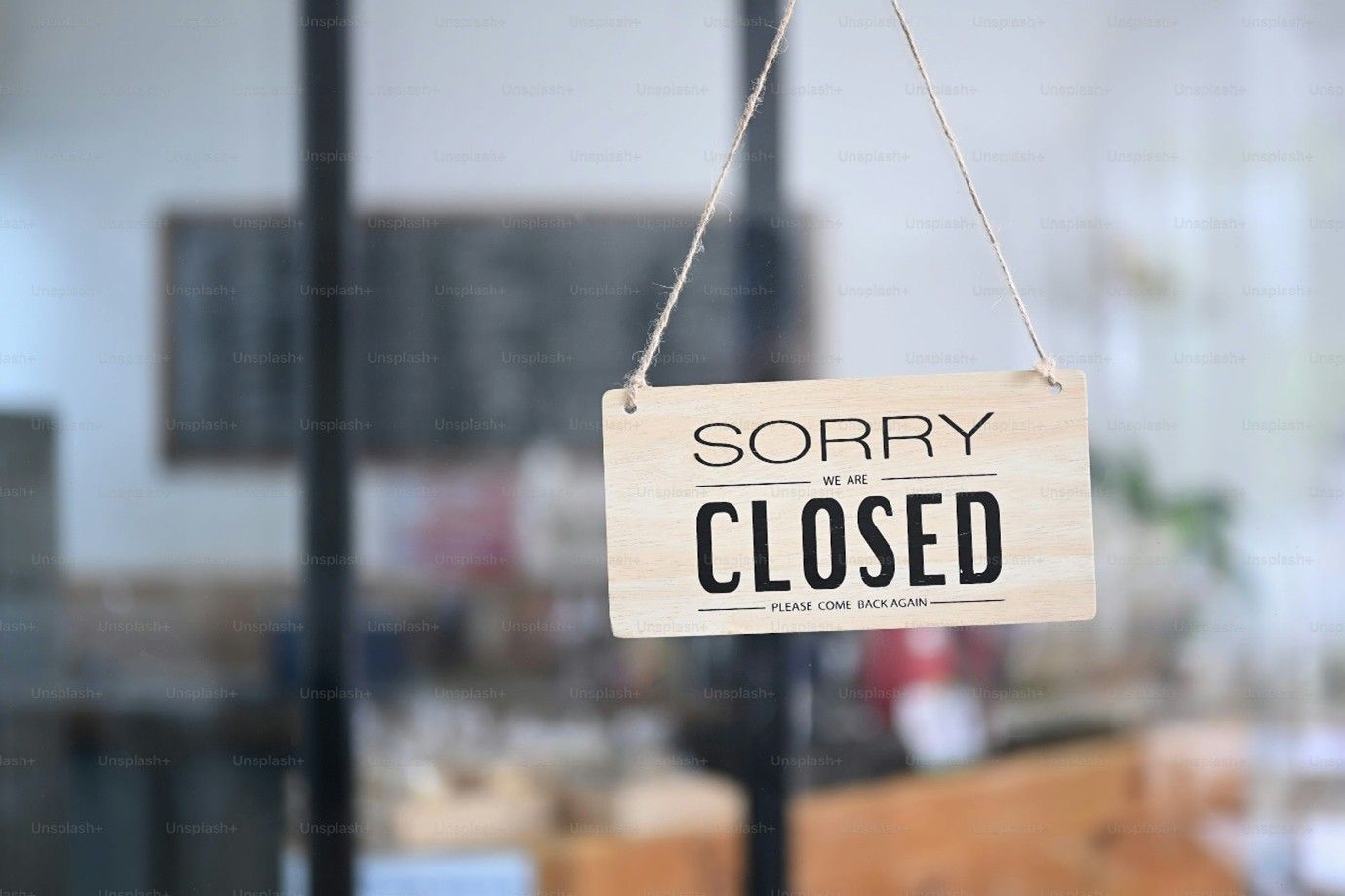Where does all the time go?
If I may steal a line from Take That:
“We've come a long way
But we're not too sure where we've been”
In music terms, the digital pathway is clear. From the time it took to record your music onto a C90 cassette (ask your parents!) and then spend ages fast forwarding and rewinding to find the right track, to today’s instant download options from thousands of songs, the progress and time saving is tangible. Our music is available to us in an instant.

If I may steal a line from Take That:
“We've come a long way
But we're not too sure where we've been”
In music terms, the digital pathway is clear. From the time it took to record your music onto a C90 cassette (ask your parents!) and then spend ages fast forwarding and rewinding to find the right track, to today’s instant download options from thousands of songs, the progress and time saving is tangible. Our music is available to us in an instant.
Back in 1981, in a pre-office computers, pre-digital accounting world, a set of accounts could take weeks to prepare:
· Book the incomplete records in
· List out the cheque stubs and banking slips
· Tick to the bank statements (multiple times!)
· Grab your trusty 16 column analysis pad and trawl through the invoices
· Prepare your control accounts for sales, purchase, cash, payroll, vat etc
· Stress for hours finding the differences
· Sort out the opening balances that hadn’t been finished off in the last year
· Post up all you’ve done onto your extended Trial Balance
· Do your journals, accruals and prepayments.
· Balance your job off
· Handwrite out your draft accounts
· Get them typed up
· See the client
· Do all the adjustments manually (The TB is getting messy by now)
· Manually prepare the final accounts
· Get them typed out again
· Call over and Proof read the final sets (a two person job)
· Finally, post out to the client
Like I said, weeks of work!
Today, accounting firms go through the same processes, but digitally, and measure the time spans in minutes and hours, rather than days and weeks.
The time savings are huge…so why are we not all sitting around twiddling our thumbs?
Part of the answer lies in the size of the workforce.
The firm that I joined in 1981 had four partners and forty staff. A progressive firm with a similar number of clients today would typically be one/two partners and no more than twelve team members. We need far fewer people to do the work, even though the compliance levels are greater, as a consequence of computerisation and digitalisation. Automation will see those numbers drop even further.
That’s only part of the story though. The reality is that we’ve filled the time savings with other ‘stuff’ and failed to adapt our thinking about the potential in accounting firms and how they fundamentally operate. The time has been absorbed by more of the same, with more mundane work and more un-commercial clients.
For instance, how many client relationships still rotate around quarterly cycles of bookkeeping, vat returns and management accounts, like we did in 1981? And how many of those are still on the March/June/September/December peaks, like they were in 1981?
How many jobs still sit around for days and weeks to get reviewed, like they did in 1981?
How many clients do we still have to chase on multiple occasions, like we did in 1981?
How many team members do we limit in their development by following rigid training routes, like we did in 1981?
I could go on, and, no doubt, you can think of many frustrations to add to the list too.
My point is this:-
We can (and should) continue to invest in digital progression, updating our systems and processes to take advantage of the latest tech advances, but, unless we change our thinking around the human and people management side of our work, we are never going to fully benefit from the time savings in the way that other sectors have.
I spoke with an accounting team recently about the advances in automation and how we could utilise them in their firm to free them up from repetitive and mundane tasks. Their first question was “but what will we do then?”.
It feels like, for the last forty years, we’ve just filled the gaps with more repetitive and mundane tasks. My response to the team was that “it is time to use your imagination. What do you want to do?”.
We need to be more creative around:
· Individual and team development of skills and knowledge
· Client management, building more effective relationships
· Service offerings, delivering more worth and having greater impact
· Firm progression, thinking outside the standard accounting box
· Life balance, doing more of what we all enjoy
What’s the point of saving time to just fill it with something just as frustrating. It feels like that’s mainly what we’ve done as a profession to this point.
Hats off to those firms breaking the mould.



